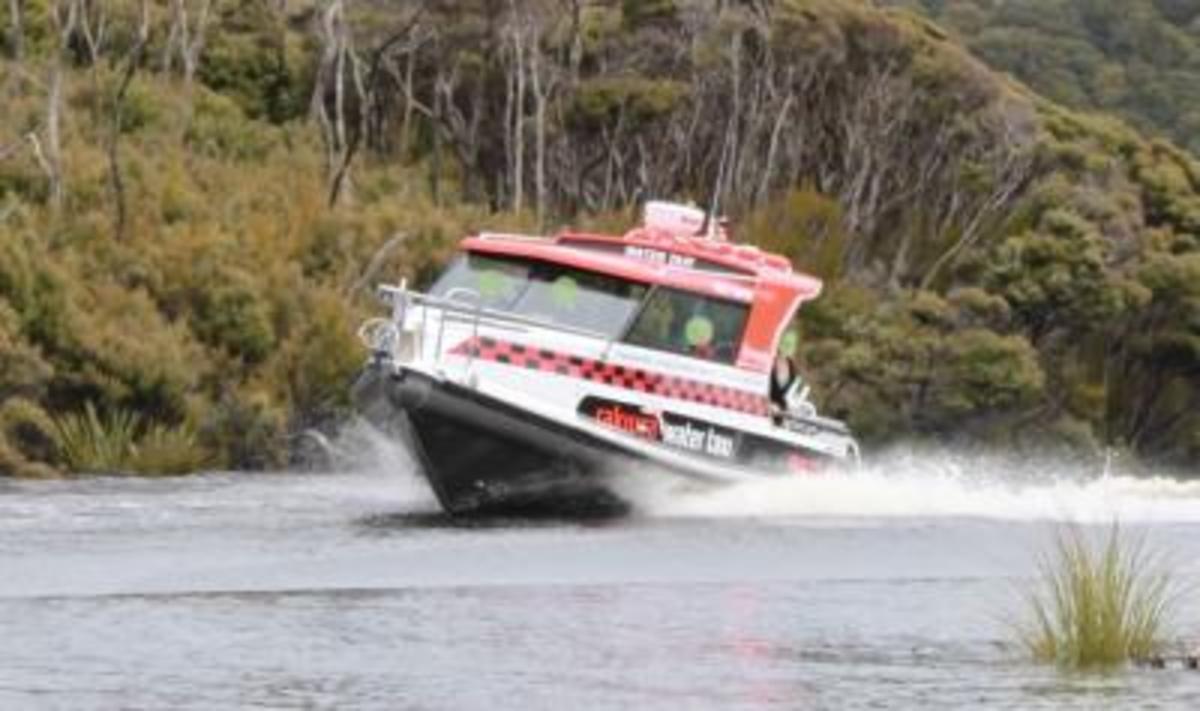Stewart Island water taxi capsize report released by TAIC
11 February 2021, 3:04 AM
 The Henerata. Image: Supplied
The Henerata. Image: SuppliedThe Transport Accident Investigation Commission has today (Thursday February 11) released its final report into the capsize of the water taxi Henerata at Paterson Inlet, Stewart Island/Rakiura on September 12, 2019.
There were no fatalities arising from the capsize but some of the seven people on board (a skipper and six passengers) suffered hypothermia, swallowed seawater, and required hospital treatment.
The key point in the report is that with smaller passenger boats, “capsize may be a greater safety risk than skippers and owners think – even with vessels perceived to be the safest”.
Advertisement
Advertise on the Southland App
On the day of the accident, the Henerata was being operated as a water taxi service from Freshwater Hut to Golden Bay via Paterson Inlet.
The report says weather conditions deteriorated about 10 minutes into the journey, and the skipper made a Mayday call just before the Henerata was forced side-on to the waves, became swamped and capsized.
The skipper was washed out during the capsize, but all passengers were trapped in the now-upturned vessel in an air pocket contaminated with petrol fumes, the report states.
The skipper dived back into the vessel and helped the passengers out, likely saving their lives.
Handholds were available around the hull and all seven clung on for about an hour before being rescued.
Advertisement
Advertise on the Southland App
TAIC’s key findings as to why the accident happened were that the sea conditions were worse than the skipper expected and the steep and unpredictable seas caused the capsize.
There were lessons for all operators and skippers of small service and recreational boats, the report said.
• Know your vessel’s stability: The Maritime Rules set minimum standards for vessels to operate safely. Operators should strive to exceed the minimum standard to improve survival chances in emergency situations.
• This boat’s pontoon design is well known for buoyancy, but buoyancy is not the same as stability, and capsize is still a hazard that operators and skippers need to plan for.
• So, the Commission is calling for designers, manufacturers and marine surveyors to provide better information to help operators and skippers make well-informed decisions about capsize risk.
• Prepare for, and mitigate, even perceived ‘unlikely’ risks: The operator has made changes to improve safety – using weather criteria to support operational decisions and implemented emergency procedures should a capsize occur – after TAIC noted that the operator’s Maritime Transport Operator Plan had no defined weather criteria to assist the skipper’s decision to sail, nor did it assess the risk of capsize. See below for TAIC’s recommendation about this.
• Adjust safety leadership when conditions change. When a skipper identifies an increased risk due to unexpected conditions, they should get the vessel and passengers ready for an emergency -- for example, handing out lifejackets, mustering passengers in the safest location; and repeating safety instructions.
• Manage customer expectations: The skipper may have felt extra urgency to run the water taxi service because it was rarely cancelled and there was no way to inform customers waiting at the pickup point. This operator's booking information now notifies passengers that cancellations are possible and that they should be prepared to stay overnight should cancellations occur.
Advertisement
Advertise on the Southland App
To help prevent similar accidents or incidents in future, action was needed on two recommendations from the Transport Accident Investigation Commission:
• Recommendation 013/20 that Maritime New Zealand ensure future Maritime Rules require appropriate stability and buoyancy testing for all domestic commercial passenger vessels. Maritime NZ’s response includes a commitment to incorporate this issue into a wider reform of Maritime Rules Part 40; and possibly to amend certification requirements for maritime transport operators (Maritime Rules Part 19)
• Recommendation 014/20, that the water taxi operator ensure that its Maritime Transport Operator Plan assesses all operational risks, and provide guidance for skippers to make decisions on when it is safe to sail.
The case has now been closed.
FOOD | DRINK




